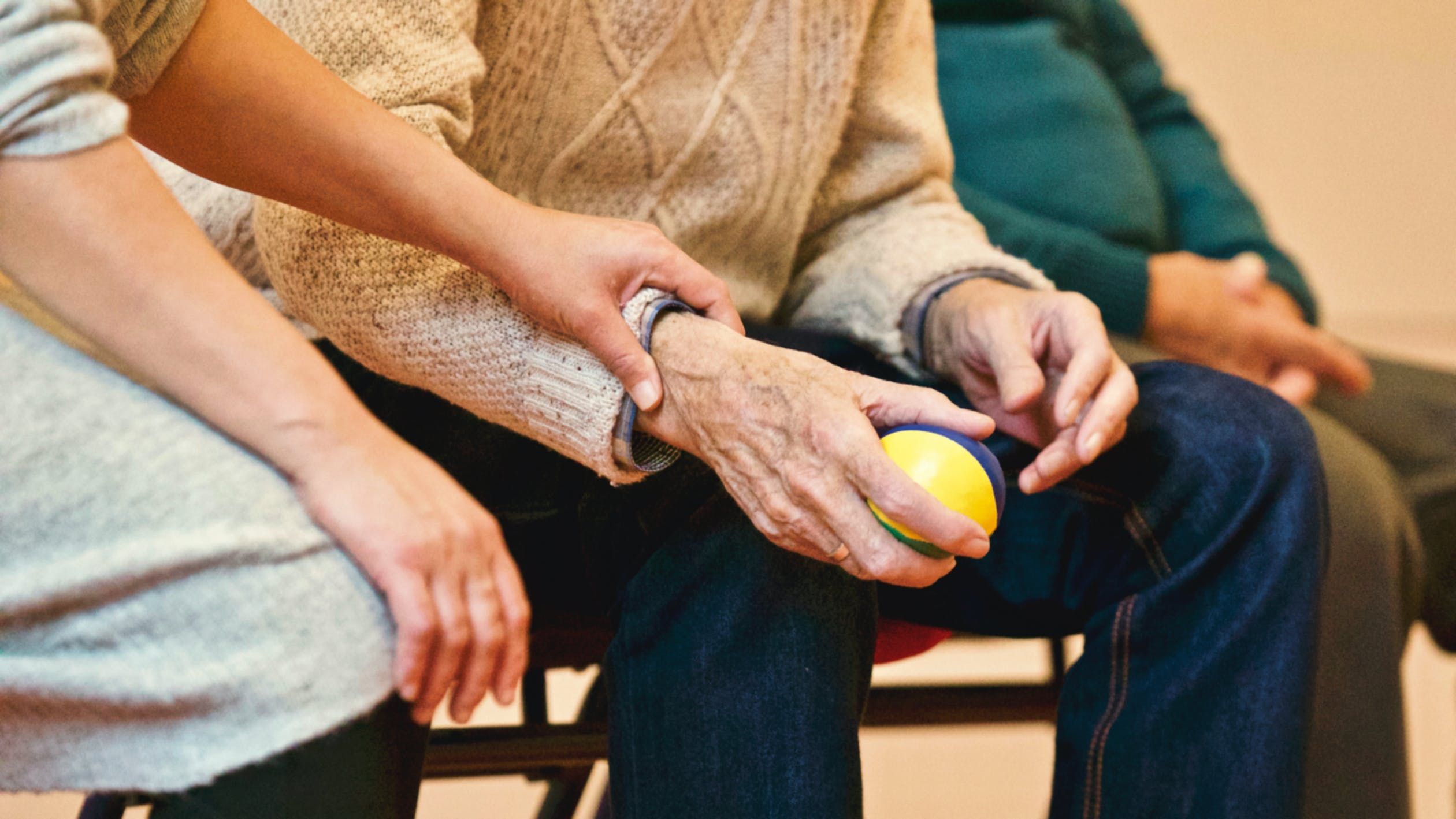Socioeconomic inequalities in NHS outpatient care emerged after 2010

Educated 65-year-olds and above use considerably more NHS outpatient care than their less educated peers.
This is the key finding of research by the Institute for Fiscal Studies, University College London and London School of Hygiene and Tropical Medicine.
The gap between more- and less-educated individuals emerged only after 2010, a period of time in which the pace of NHS funding growth slowed sharply.
The study, which exploits novel data linking detailed survey responses from the English Longitudinal Study of Ageing to NHS hospital records, also finds that:
• Individuals with more formal education are, on average, in better health than their less educated peers, and so tend to make less frequent use of NHS hospitals.
• However, once you take actual health status into account, between 2010 and 2015 individuals with higher education made 17% more outpatient hospital visits annually relative to those with no formal qualifications.
• This education gradient in the use of outpatient care emerged only after 2010, at the same time as the pace of NHS funding growth sharply slowed.
• These differences in use of outpatient care are mostly explained by differences in the number of routine and follow-up outpatient appointments. In contrast, there are no statistically significant differences in the number of urgent referrals, such as those following presentation of cancer symptoms, across education groups.
• There is no evidence of differences in the number of inpatient hospital admissions across education groups, after controlling for health status. This is true of both emergency and elective (pre-planned) admissions.
Inequalities emerging
Ben Zaranko, a Research Economist at the Institute for Fiscal Studies and a co-author of the study, said: “Overall, the NHS does a good job of limiting socioeconomic differences in the use of inpatient hospital care – in line with its founding principles.
“However, when it comes to use of outpatient, or specialist, hospital services the highly educated are using more care than less educated individuals with similar levels of need, driven by differences in the number of routine and follow-up appointments.”

.png) Future Surgery
Future Surgery
 Anaesthesia & Critical Care
Anaesthesia & Critical Care

)

